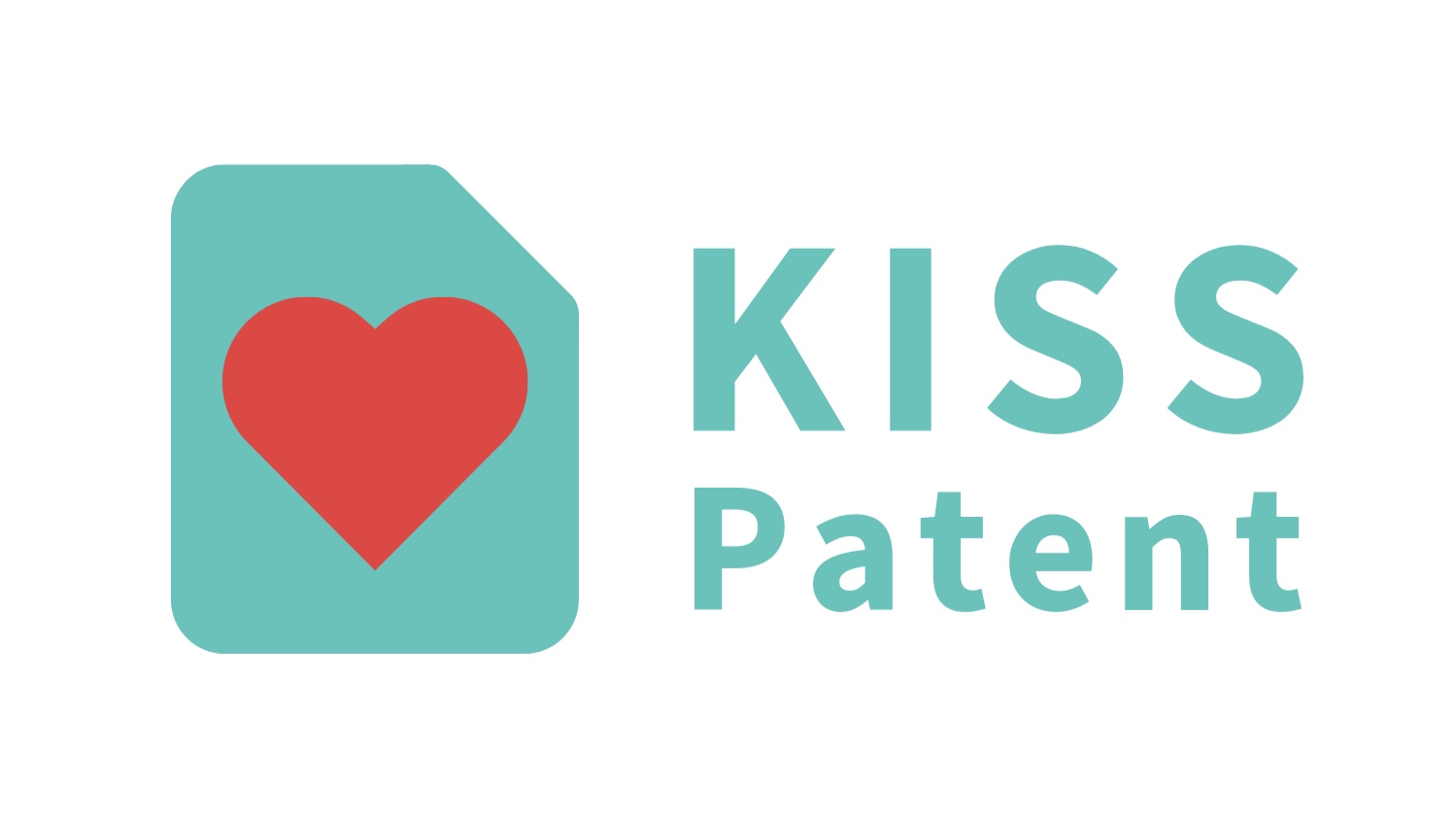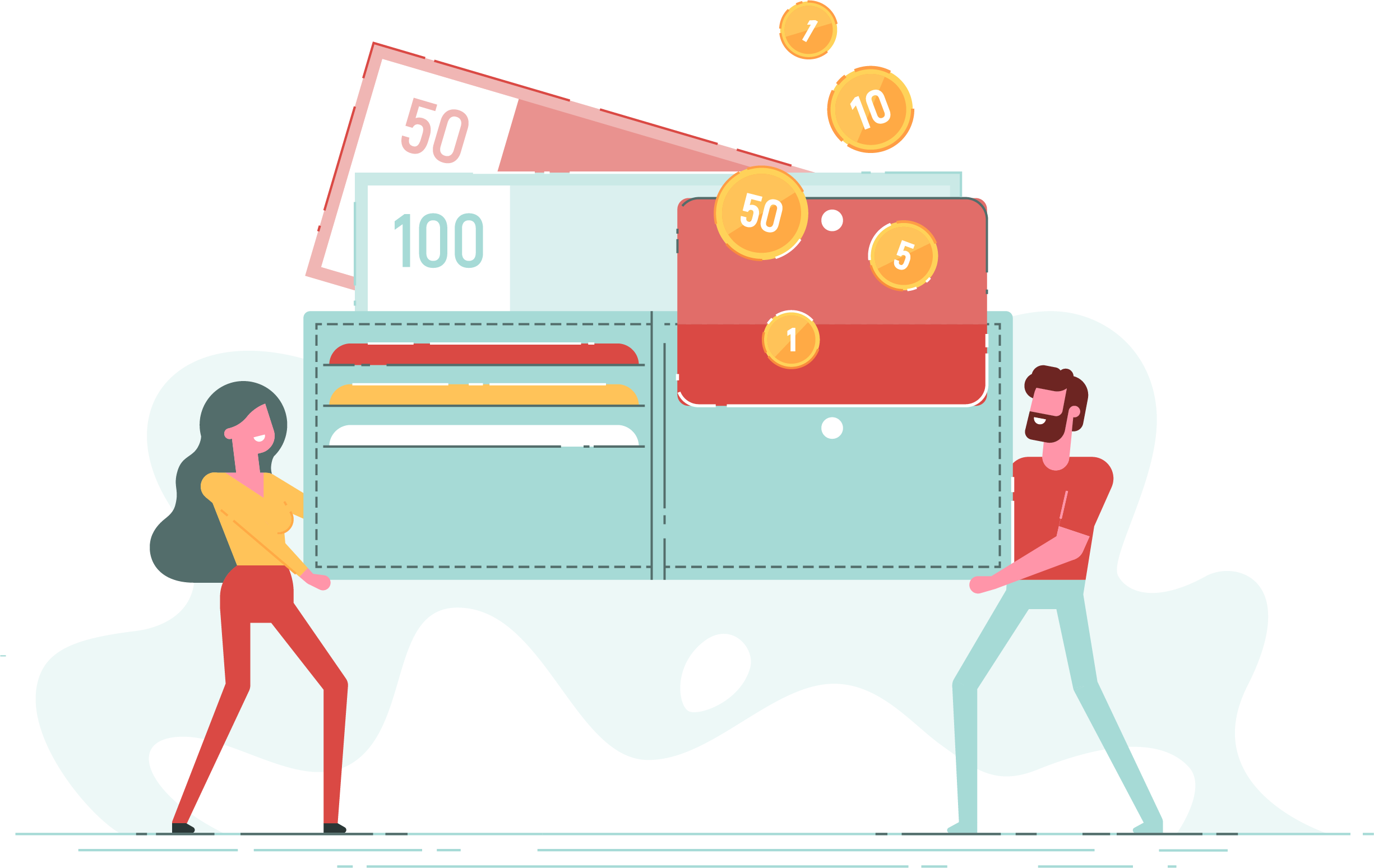You have founded, or are thinking of founding, a startup.
Have you stopped to think about why you founded your startup?
I believe that it’s for the same reason that I founded my startup, KISSPatent — you want to make the world, or at least your special part of it, a better place.
To do that, your startup will need to change the world.
Every founder has a vision of the future — if only to imagine a world in which his or her company stands where there once was a void.
Usually, though, when we think about world-changing technology, we think about the wheel, electricity, cars, or computers.
But even apparently modest technological improvements can have tremendous positive impacts on our lives.
Let’s take a look at some cases.
One example you may not have thought of is the humble plastic coffee cup lid.
Originally, these lids were flat and only meant to prevent your coffee from spilling. But, then people wanted to be able to drink from the coffee cup while moving and without spilling their coffee — especially in their cars.
Cupholders, anyone?
So, in addition to providing a hole to sip your coffee through, these lids now have a crescent-shaped indentation to accommodate your upper lip.
Despite its simplicity, everything about the lid is designed to an incredible degree.
The disposable coffee cup lid may fall squarely in the category of random, everyday objects that you might assume are overlooked, but are actually quite the opposite. In fact, they have been collected, dissected, and put on display by a handful of notable design critics and curators.
It’s not just a humble plastic coffee lid, it’s the patent behind it.
However, we know today that plastics are synthetic chemicals that don’t belong in our world and don’t mix well with nature.
Discarded plastics are a big cause of pollution, cluttering rivers, seas, and beaches, killing fish, choking birds, and making our environment a much less attractive place.
Public pressure to clean up has produced plastics that seem to be more environmentally friendly, but, are they all they’re cracked up to be?
Well, sadly, no.
The original biodegradable plastic added additives to petrochemicals to encourage degradation. But, as it turned out, that also didn’t work so well.
Ironically, plastics are engineered to last.
The additives caused the plastic to break apart, but not the underlying polymers. Having the plastic break apart more quickly led to unexpected side effects — mainly lots of small plastic particles in the oceans, in freshwater rivers and lakes, and on land.
Getting rid of plastics is proving to be extremely difficult.
Burning them can give off toxic chemicals while collecting and recycling them responsibly is also difficult because there are so many different kinds and each has to be recycled by a different process.
If we used only tiny amounts of plastics that wouldn’t be so bad, but we use them in astounding quantities.
The current solution to plastic?
Many are being tested, from creating bioplastic from biodegradable biopolymers to a plastic waste dredge for the ocean to manufacturing processes that use less plastic.
The theory behind bioplastics is simple: if we could make plastics from kinder chemicals to start out with, they’d break down more quickly and easily when we got rid of them.
Ready to change the world with your startup?
Take our short survey to find out what type of intellectual property is right for your startup!
Unlike traditional plastics and biodegradable plastics, bioplastics generally do not produce a net increase in carbon dioxide gas when they break down (because the plants that were used to make them absorbed the same amount of carbon dioxide to begin with).
Another good thing about bioplastics is that they’re generally compostable: they decay into natural minerals that blend harmlessly with soil. Some bioplastics can break down in a matter of weeks, but, unfortunately, not all bioplastics compost easily or completely and some leave toxic residues or plastic fragments behind.
Environmental issues are never simple.
Actions that seem to help the planet in obvious ways sometimes have major drawbacks and can do damage in other ways. It’s important to educate ourselves to understand whether “environmentally friendly” things are really doing more harm than good.
There is another solution, not in the plastic itself, but in its cleanup. Plastic waste dredges or “floating debris harvesting systems” are durable vessels for removing floating debris from rivers, reservoirs, canals, ports, and other waterways.
New Plastic Waste Dredge Patents Show An Alternative Solution To Cleanup
These vessels can easily remove man-made and organic floating debris like logs, tires, shopping carts, refrigerators, bottles, cans, ropes, and plastic. An efficient solution that has already removed billions of tons of debris from New York to Dubai to Malaysia.
So what does all of this have to do with changing the world?
Well, I wanted to prove a point.
I mentioned before that as entrepreneurs, we seek to solve problems, change the world, and make it a better place. Right?
There are millions of ways of doing so — from the simplest of solutions to super complex technologies.
Can you guess what they all have in common?
They’ve been smart about patenting their innovation. Big or small, there aren’t any successful innovations without patents.
Heck, something as seemingly simple as the SOLO plastic lid has even been featured in a number of Modern Art exhibits and has won notable design awards.
It’s very hard to improve upon this form-follows-function design that takes into account human anatomy, ergonomics, and functionality in a simple and elegant way.
The SOLO plastic cup patent has been featured many times in modern art museums
Inventions are the bedrock of innovation — an invention is a new solution to a problem and can be protected through patents.
Patents protect your interests and your groundbreaking and commercially successful technologies by ensuring that you and only you can control the commercial use of your invention.
Intellectual property is one of the most valuable investments for your startup — your ability to protect and assert these rights can determine your success or failure.
Let us be your partner on your entrepreneurial journey, regardless of what stage you’re in. We’d love to help you formulate a patent strategy for your business to provide a strong foundation for future growth, expansion, and investment.
Contact us so we can protect your world-changing ideas!
Wondering if your idea is patentable? Have a question about this article? We can answer all of your questions — just hit "contact us" down below!

































